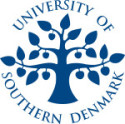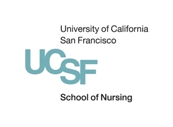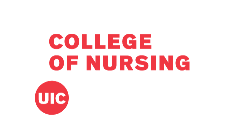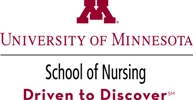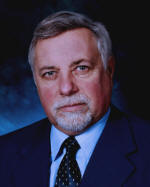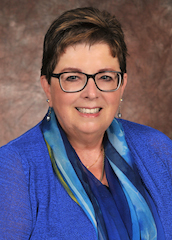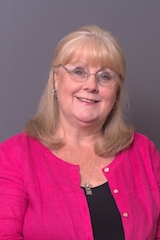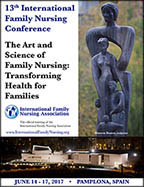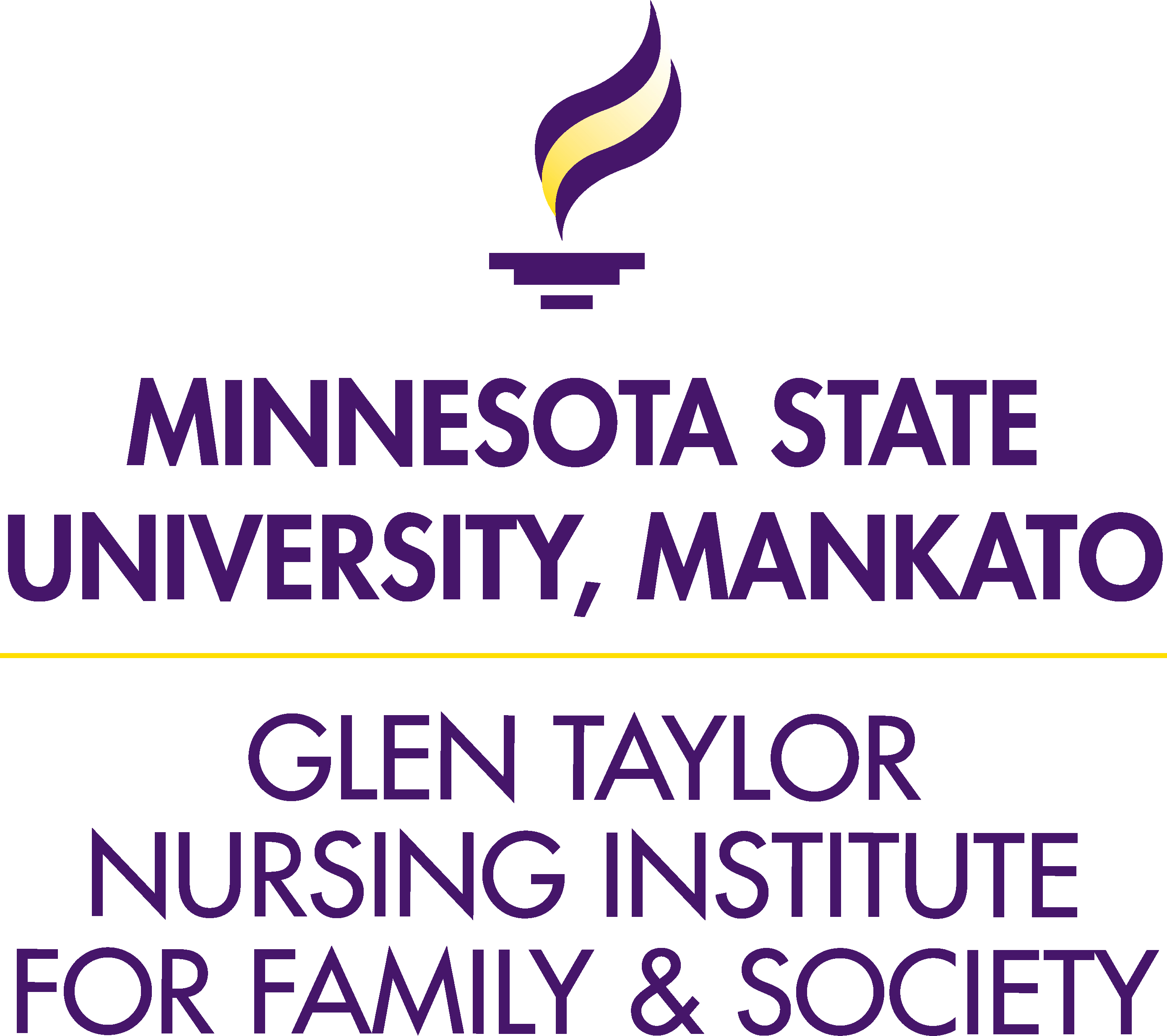Conference Registration is now OPEN!!
Click here to register for the conference.
All Conference Registration fees will be collected in US Funds.
As of 1/13/15 the USD Currency Conversion rate to Danish Krone (DKK) is 6.32 (Rate Subjected to Change)
| Type | *Registration | **VAT | TOTAL |
| Early Registration (IFNA Member) Early registration ends July 1, 2015. | $560.00 USD | $140.00 USD | $700.00 USD |
| Early Registration (Non-Member) Early registration ends July 1, 2015. | $660.00 USD | $165.00 USD | $825.00 USD |
| Student Registration (Full-time Students) | $400.00 USD | $100.00 USD | $500.00 USD |
| Pre-conference Workshops | $80.00 USD | $20.00 USD | $100.00 USD |
| Conference Banquet Dinner | $100.00 USD | $25.00 USD | $125.00 USD |
| Post-conference Hospital Tour | $15.00 USD | $3.75 USD | $18.75 USD |
*Registration includes 2 conference lunches and 5 breaks throughout the conference.
**The VAT is a sales tax that applies to the purchase of most goods and services, and must be collected and submitted by IFNA to the Denmark governmental revenue department. We will have more information on individual VAT recovery in the future.
Host Hotel
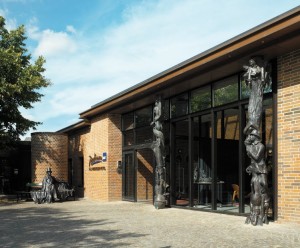 The Radisson Blu H. C. Andersen Hotel SOLD OUT
The Radisson Blu H. C. Andersen Hotel SOLD OUT
995,00 DKK Single Room/Night (*$157 USD)
1.195,00 DKK Double Room / Night (*$189 USD)
Claus Bergs Gade 7
DK-5000 Odense C, Denmark
Tel: +45 66 14 78 00
Fax: +45 66 14 78 90
Alternative Hotels Options
| Hotel | Single | Double | Distance |
| First Hotel Grand | 995 DKK / *$157 USD | 1195 DKK / *189 USD | 1.2 km / .75 mi |
| Hotel Ansgar | 995 DKK / *$157 USD | 1095 DKK / *173 USD | 1.0 km / .62 mi |
| Hotel Plaza | 1095 DKK / *$173 USD | 1295 DKK / *$194 USD | 1.0 km / .62 mi |
| Hotel Windsor | 995 DKK / *$157 USD | 1095 DKK / *$173 USD | 1.4 km / .87 mi |
Room rate includes Breakfast each morning.
*As of 1/13/15 the USD Currency Conversion rate to Danish Krone (DKK) is 6.32 (Rate Subjected to Change)
For hotel reservations, click here.
Note: Payment in full is due at the time you make the reservation.
Need assistance?
If you need assistance with your hotel reservations, please contact André Fog Jensen at anfj@udviklingfyn.dk
Cancellation Policy
If necessary, hotel reservations can be cancelled with a full refund up until 2 weeks prior to your arrival. After that time, no refunds can be made.
The Radisson Blu H.C. Andersen Hotel, Odense is a charming accommodation choice in idyllic Odense, Hans Christian Andersen’s cobblestoned hometown. The delightful Concert Hall invites guests to attend a lovely programme or production, while the nearby train station allows travellers to easily access the rest of the city. Enjoy Free high-speed, wireless Internet in the 145 rooms and suites and the convenience of on-site dining at Restaurant Hans Christian, which hosts the Super Breakfast Buffet. State-of-the-art exercise facilities with sauna and sun bed
- Enviable location near attractions like the Hans Christian Andersen House
- Adjacent to Odense Concert Hall and 550 metres from the train station
- French and Danish cuisine at on-site Restaurant Hans Christian
- Odense hotel with lively in-house casino
Currency Conversion Rates as of 1/13/15
This is a sample of currency conversion rates, you can also use this link to find your country’s rate or to get the most current rates.
| Danish Krone | 1.00 DKK | inv. 1.00 DKK |
| US Dollar | 0.158174 | 6.322138 |
| Euro | 0.134416 | 7.439583 |
| British Pound | 0.104297 | 93587980 |
| Australian Dollar | 0.194220 | 5.148789 |
| Canadian Dollar | 0.188987 | 5.291372 |
| Japanese Yen | 18.769787 | 0.053277 |
| British Pound | 0.104297 | 93587980 |
| Brazilian Real | 0.418237 | 2.390991 |
| Swiss Franc | 0.161423 | 6.194906 |
| Thai Baht | 5.194460 | 0.192513 |


